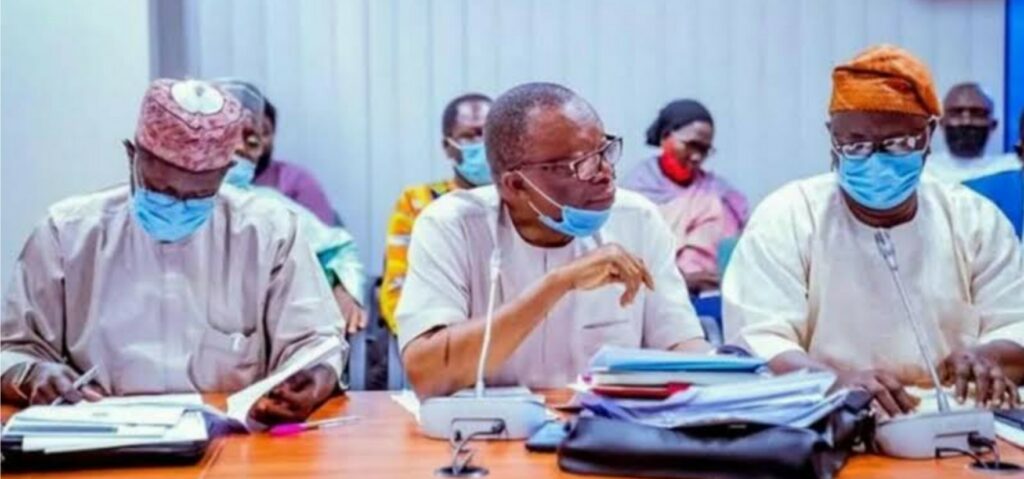The Federal Government has provided an explanation for why it took the Academic Staff Union of Universities, ASUU, to the National Industrial Court of Nigeria (NICN) in response to the organization’s members’ protracted strike.
In a letter dated September 8 and addressed to the court’s registrar, Dr. Chris Ngige, the minister of labor and employment, requested NICN to step in to resolve the conflict with the university lecturers. The letter was made available to journalists in Abuja on Sunday.
In a statement signed by Olajide Oshundun, its Head of Press and Public Relations, the Ministry said the referral instrument had become necessary following the failure of dialogue between the union and the Federal Ministry of Education.
He added that the matter is billed for mention by 9 a.m on Monday, September 12, 2022.
”The Federal Government has asked the NICN to inquire into the legality or otherwise of the ongoing prolonged strike by ASUU leadership and members that had continued even after apprehension.
“It asked the court to interpret in its entirety the provisions of Section 18 LFN 2004, especially as it applies to the cessation of the strike once a trade dispute is apprehended by the Minister of Labour and Employment and conciliation is ongoing,” he said.
He also said that the NICN are to interpret the provisions of Section 43 of the Trade Dispute Act, Cap T8. LFN 2004, titled “Special Provision concerning payment of wages during strikes and lock-outs”.
Ngige said this ”specifically dealing with the rights of employees/workers during the period of any strike or lock-out.
”Can ASUU or any other union that embarked on strike be asking to be paid salaries even with clear provisions of the law?
“Determine whether ASUU members are entitled to emoluments or ‘strike pay’ during their period of strike, which commenced on Feb. 14.
”Moreso, given our national law as provided in Section 43 of the TDA and the International Labour Principles on the right to strike as well as the decisions of the ILO Committee on Freedom of Association on the subject,” he said.
He added that NICN should determine whether ASUU had the right to embark on strike over disputes as is the case in this instance by compelling the Federal Government to employ its own University Transparency Accountability Solution (UTAS) in the payment of the wages of its members as against the Integrated Payroll and Personnel Information System (IPPIS).
According to him, this is universally used by the Federal Government in the nation for payment of wages of all her employees in the Federal Government Public Service which university workers, including ASUU members, are part.
”Or even where the government via NITDA subjected ASUU and their counterpart, Universities Peculiar Personnel Payroll Systems (UPPPS) software to integrity test (vulnerability and stress test) and they failed,” he said.
In addition, Ngige said the federal government asked the court to determine the extent of fulfilment of ASUU’s demands since the 2020 Memorandum of Action (MOA) that the union signed with the government.
The minister said their demands include the funding for revitalisation of public universities as per the 2009 agreement, Earned Academic Allowances (EAA) payments, state universities proliferation and constitution of visitation panels, and release of a white paper on the report of the visitation panels.
He noted that others are the reconstitution of the government renegotiation team for renegotiation of the 2009 agreement, which was renegotiated in 2013/2014, due for renegotiation in 2018/2019, and the migration of ASUU members from IPPIS to its UTAS, which is currently on test at NITDA.
”Consequently, the Federal Government requested for an order of the Court for ASUU members to resume work in their various universities while the issues in dispute are being addressed by the NICN in consonance with the provisions of Section 18 (I) (b) of the TDA Cap T8. LFN 2004,” he said.
This suit was instituted just as an NGO, the Socio-Economic Rights and Accountability Project (SERAP) dragged the President Muhammadu Buhari-led administration to court over the same strike
